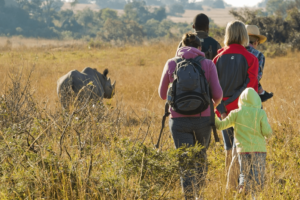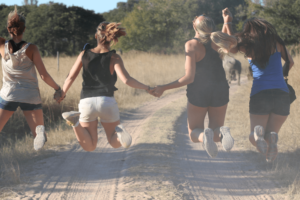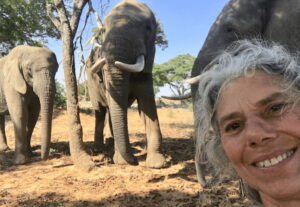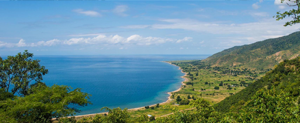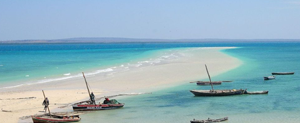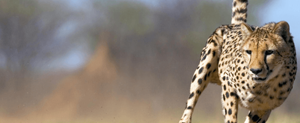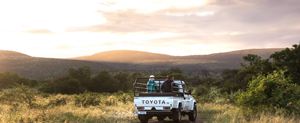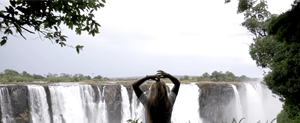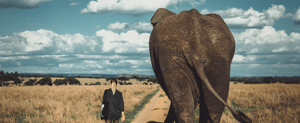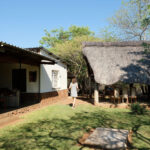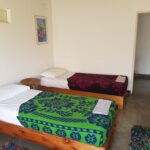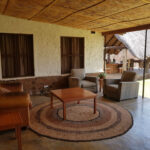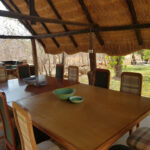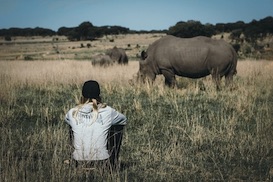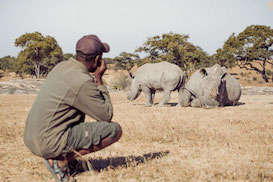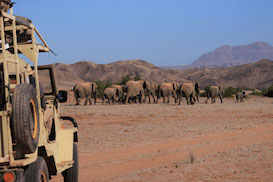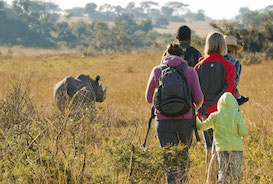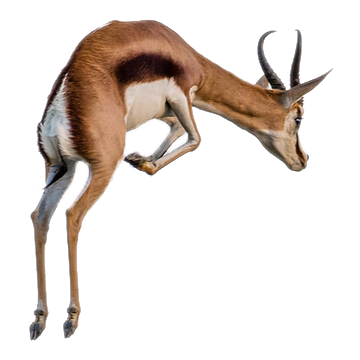Community Outreach, Victoria Falls
ZIMBABWE
Zimbabwe
1 - 12 weeks
Flexible
Up to 8 people
Age 18+ Family-friendly
From $850
Zimbabwe
1 - 12 weeks
Flexible
Flexible
Up to 8 people
Max 8
Age 18+
From $850
What's the project about?
The Greenline Africa Trust is dedicated to funding community focused, long term projects in the rural area around Victoria Falls. Their four pillars are Health, Education, Livelihoods and Biodiversity. These are the foundations of all their community programmes, which support vulnerable individuals and communities. The Trust is focused on reducing poverty and financially supports a number of local farmers and child-headed households.
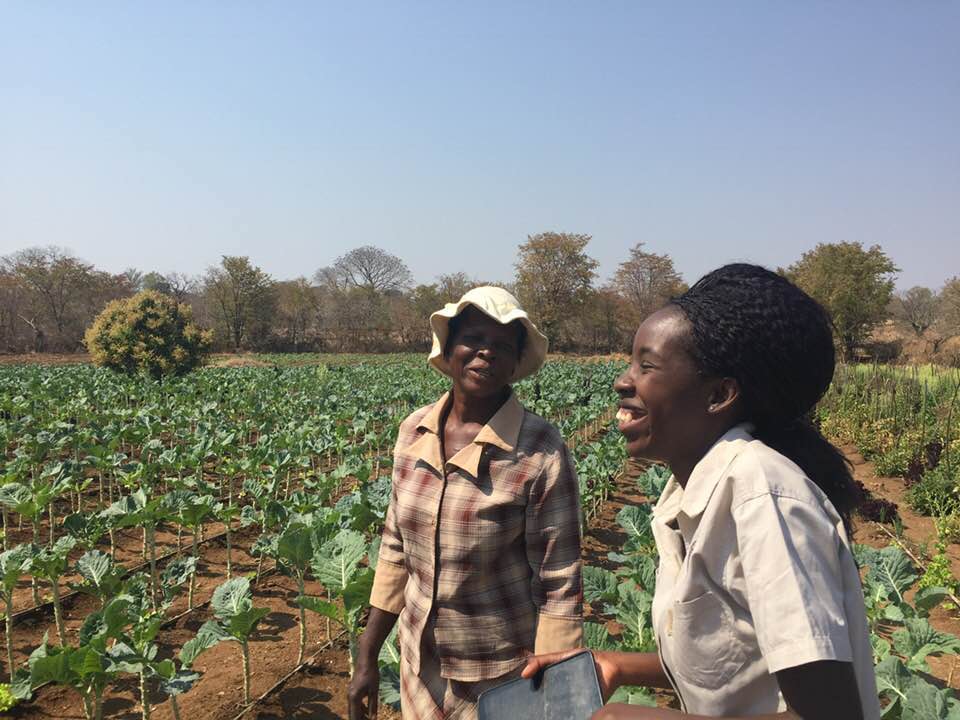
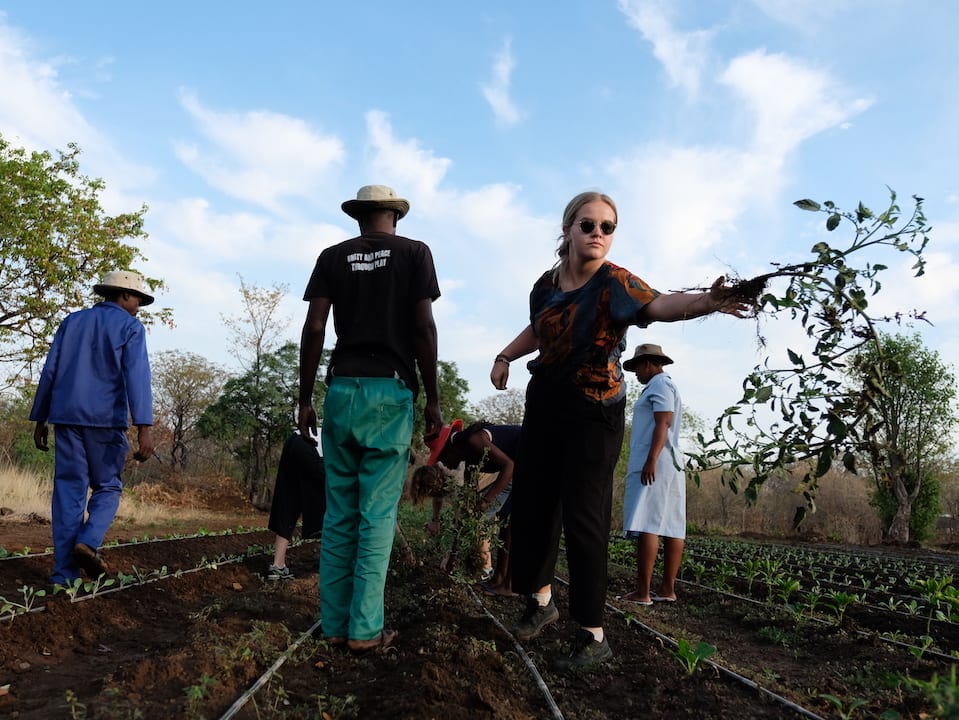
How will I be contributing?
Volunteers help Greenline staff deliver solutions to local communities. The programmes are designed to improve livelihoods through skills training and projects focused on income generation. Volunteers are involved in grass-roots projects, working alongside community leaders and school authorities. These projects include: food intervention programmes, school feeding projects, adult education, personal development, community agriculture, water aid and building work.
What makes this project ethical?
A key objective of the Trust is to develop a sprit of volunteerism between local and international communities. Volunteers demonstrate what it is possible to accomplish by working together, and encourage a sense of pride in team achievements. The Trust is a not-for-profit organisation, and relies on volunteers to ensure the continuation of its long-term building, education and environmental projects.
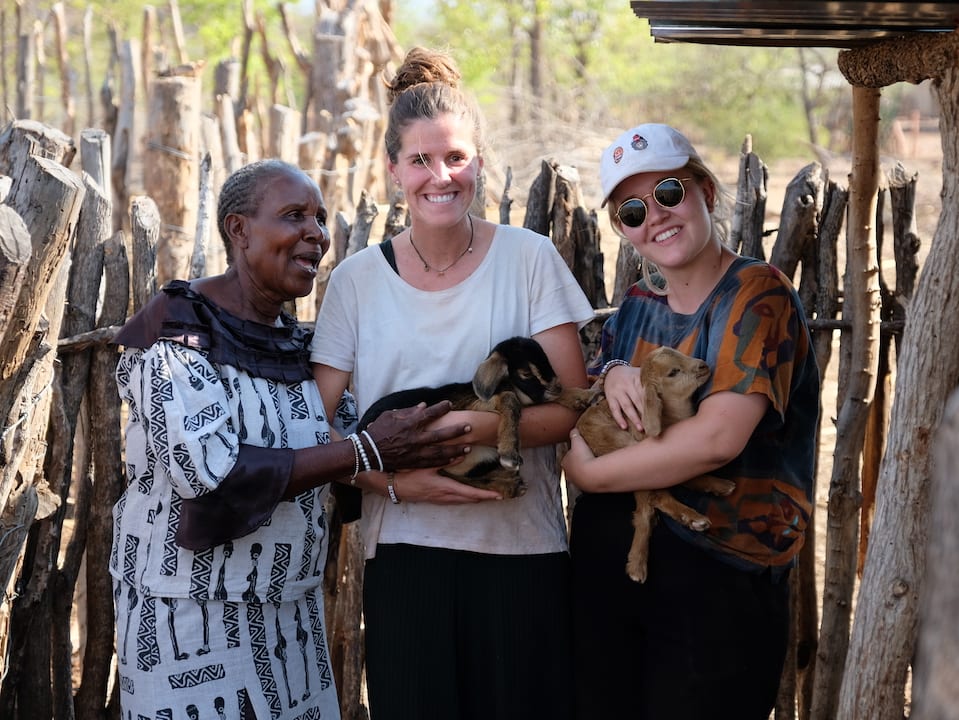
Project showreel
Project gallery
Project information
The vision of the Greenline Africa Trust is to create a better life for marginalised women, children and youth. The Trust works full time with vulnerable communities to develop and implement long term projects focusing on the four pillars of Livelihoods, Health, Education and Biodiversity Management (the protection, conservation and management of natural resources).
The goal of the volunteer programme is to provide support for ongoing projects within the community, and to enable the Trust to sustain the projects long term, or deliver them to full completion. Many families face extreme hardship and require support that is not always adequately provided in the area, so volunteers provide assistance wherever it is most needed at the time.
Volunteers also play a role in motivating communities to develop a spirit of self-improvement, creating a sense of pride in their achievements. Inter-cultural exchange, international awareness and empathy all creates positivity within a community.
You can be sure on this project that your days will be filled with interesting work that is genuinely needed, and you will always be doing something purposeful.
Livelihoods:
- Support local farmers in their community gardens
- Provide opportunities for skills training and development at the Dibutibu Community Centre
- Support local women-headed households with homestead maintenance and agricultural assistance
- Help develop business opportunities for community members
Health
- Support the local clinic in the provision of medical supplies and building maintenance
- Undertake feeding programmes for schools
- Food intervention programmes for families under extreme hardship
Education
- Provide safe and adequate facilities for learning and play, focusing on ECD and pre-school
- Maintain school gardens (an additional income stream for the school, and source of nutrition for children)
- Support teaching staff in the provision of educational materials and motivational support
Biodiversity
- Manage invasive species and provide indigenous trees for replanting in the community
- Address human-wildlife conflict situations e.g. through the instigation of a bee fence to stop elephants damaging crops and property
- Address small animal and bird poaching issues through education programmes
The Greenline Africa Trust was founded in 2013 by local Zimbabwean environmentalists, Charlene Hewat, Namo Chuma and Veronica Chapman. The trust is firmly behind the philosophy of integration between wildlife, communities and sustainable poverty alleviation solutions.
Greenline Africa is focused on work within the rural areas around the Victoria Falls and Hwange Rural Districts. These areas are classed as Region 5 – with low rainfall, high temperatures and extremely poor soil. The poverty levels here are high. There are many orphaned children and many gogo and child-headed households living with HIV / AIDS. Most children have protein and vitamin deficiencies and access to water is a daily challenge.
The Trust has built a Community Training Centre in the Dibutibu rural community, around 25km south east of Victoria Falls in western Zimbabwe. The centre is the focus of all community activity. It houses a dedicated industrial sewing facility used to make uniforms for local lodges, an indigenous tree nursery and prolific community vegetable garden, maintained by two permanent employees. The centre is also a skills training facility, with a soap-making and oil producing project.
In addition to the work being done in the rural areas, the Trust has also set up Victoria Falls’s first and only recycling facility in the town. The project is now managed by a local lady, employs two permanent members of staff and takes waste from all the lodges in the town and surrounding areas. The facility will eventually become completely self-funding, with the profits used to raise local awareness of environmental issues. The centre gives residents the opportunity to easily recycle their household waste.
Your itinerary will depend on what the priority projects are at the time. This could depend on the time of year, the weather, what projects are already in progress, and, of course (this is Africa), any unexpected events that may occur.
You can be sure that your days will be filled with interesting work that is genuinely needed, and you will always be doing something purposeful.
The project try to dedicate each day to a specific project, to ensure that it is carried through to completion or a natural end, without rushing. This means you can see that your work has contributed to a tangible result.
Community volunteers are involved in a number of grass roots projects in the area, including:
- Community pre-school ECD projects and feeding programmes
- Homestead food intervention programmes
- Adult education, training and skills development
- Community conservation and biodiversity projects
- Agriculture and horticulture projects
Livelihood Development Projects
A key focus are projects to improve the livelihoods of marginalised community members and increase income generating opportunities. Volunteers will assist with adult education and training, which could include:
- Sewing projects
- Soap and oil production
- Horticulture training and cultivating indigenous trees
- Computer skills training and adult literacy
- Life skills workshops and personal education for teenage girls
Gogo projects
‘Gogo’ is a Shona word meaning ‘grandmother’. In the rural areas there are a large number of gogo-headed households, where children have been left with their grandparents. Many gogo’s look after a number of their own grandchildren, plus other orphans and unrelated children. Volunteers will:
- Deliver monthly food parcels and help with home repairs and homestead maintenance
- Help with daily water collection
- Visit homes, learn to cook traditional food and experience life in a rural community
Agriculture projects
The project support four local farmers. Volunteers will:
- Work with livestock such as cattle, goats and poultry – help with feeding and care
- Irrigate, plant and reap vegetables and help with deliveries
- Support tree planting and invasive species removal
Health Projects
The local clinic serves a large and widespread local community. Medical students can learn about common diseases affecting the local population and how they are treated using the medicines and equipment available.
- Assist with non-medical work such as taking blood pressure and temperature and weighing babies
- Help in the pharmacy
- Observe appointments
- Work on building and maintenance projects at the clinic
- Visit rural schools and monitoring children’s growth and health
If you are not a medical student or professional, but have an interest in working on the medical side, let us know, as a provision can usually be made for you to experience some of the clinic work being done.
Education Projects
Greenline support three local pre-schools (taking children from 3-5 years), and there is a high commitment from children and teachers to attend school. Each of the schools are lacking basic infrastructure and there is a need for safe and adequate buildings, furniture, playground equipment and educational resources.
Volunteers may get involved with:
- Building and painting classroom blocks, toilets and playgrounds
- Creating vegetable gardens and assisting with watering, planting and picking
- Delivering safe water and sanitation
- Reading and playing games and sports with the children
Biodiversity Projects:
Raptor Research: Victoria Falls’s raptors are in serious decline; heavily poached and sold as exotic pets.
- Get involved in the Raptor Research Project, checking breeding sites and conducting population surveys
Beekeeping: Greenline have established a community beekeeping programme, offering training and assistance to women and youth interested in keeping bees and helping with removal.
- Learn about the role of bees in the human-elephant conflict
- Assist in the making and maintenance of hives
- Work on the bee fence, erected between National Parks and high density living areas
- Help with harvesting honey
Waste management and recycling (Victoria Falls town)
- Assist with all aspects of recycling including sorting, baling and loading
Invasive species removal (Victoria Falls Rainforest)
- Work in the dense woodland around the waterfall, removing invasive Lantana camera plants
When can I volunteer?
Volunteers can join this Community Outreach Programme throughout the year, including Christmas and New Year. Arrival dates can be flexible, but we may ask you to try and arrive on the same day as other booked in volunteers.
Project pricing:
1 week: $850
2 weeks: $1,650
3 weeks: $2,450
4 weeks: $3,250
Additional weeks (on request): $800 per week.
Children aged 11 and under: $700 per week.
All prices are in USD.
What’s included in the cost?
- Project contribution: this goes straight to the Greenline Africa Trust to support their running costs. It enables them to continue funding their community projects, ensuring they can continue to meet their long term goals.
- Accommodation and three meals per day
- Return airport transfers
- Laundry and housekeeping
- Comprehensive orientation and supervision
- Guided tour of Victoria Falls
- Equipment and materials required to do your work
What’s not included?
- Flights or travel to Victoria Falls, Zimbabwe
- Visa fees (variable depending on nationality)
- Travel insurance (compulsory)
- National Parks entry fees (payable in USD cash)
- Personal expenses such as souvenirs, drinks from the bar, snacks, 3rd party activities
- Any meals or drinks purchased in Victoria Falls
- Pre and / or post programme accommodation (if required)
- Additional excursions
- Criminal records check (CRB check)
- Local SIM card and data / airtime bundles (optional)
- Administration fee ($40)
Please read our booking terms and conditions.
Please note that volunteers on this project are required to bring a current (less than 12 months old) criminal record certificate (called a DBS check in the UK).
CONSERVATION & COMMUNITIES COMBO – SPECIAL OFFER
We have introduced a new Conservation & Communities combination project which enables volunteers to combine two very different projects within Zimbabwe. If you also want to experience some of Zimbabwe’ most iconic wildlife, we highly recommend combining this community volunteer project with a week or two at our Rhino & Elephant Conservation Programme, situated just under two hours from Harare. In addition to working alongside endangered black rhino and elephants, you will also experience daily life living in a privately owned conservancy dedicated to black rhino protection. Click for more details of our new Conservation & Communities Programme.
[gallery link=”file” columns=”4″ size=”medium” ids=”6045,6144,6040,6043
We would love to hear from volunteers with specific skills or experience to share, which could enhance the community projects being offered. If you have skills or experience in any of the following, please get in touch!
- Beekeeping
- Organic agriculture / horticulture
- Alternative / environmentally conscious building solutions
- Solar experts / experts in boreholes or irrigation
- Musicians (particularly if you can play the guitar or violin)
- Thatchers
- Sewing / embroidery enthusiasts
- Holistic skills
- Teachers (particularly those specialising in primary or early childhood education)
- Builders and plasterers
There are also great opportunities for medical and veterinary volunteers to contribute in the communities.
Medical volunteering
There is a clinic 5km from the volunteer centre, which serves a large and widespread local community. Medical students can learn about common diseases affecting the local population and how they are treated using the medicines and equipment available.
- Assist with non-medical work such as taking blood pressure and temperature and weighing babies
- Help in the pharmacy
- Observe appointments
- Work on building and maintenance projects at the clinic
- Visit rural schools and monitoring children’s growth and health
Veterinary volunteering
The Trust work with the local VAWZ (Veterinarians for Animal Welfare in Zimbabwe) team, a private organisation working in communities across Zimbabwe. Their inspectors work in rural areas, following up cases of animal cruelty (towards both domestic and working animals), run vaccination and neutering programmes, and host training and education workshops.
If you are a vet student or veterinary professional and would like to volunteer, you may be given the opportunity to:
- Shadow the local VAWZ inspectors on routine inspections
- Participate in mass vaccination and spaying programmes
- Take part in ambulatory clinic work
As far as possible, a bespoke veterinary volunteer itinerary will be created according to your specific interests.
The volunteer programme is based at the Greenline Africa Training Centre, and your home is in the heart of the rural community. The house is a comfortable, spacious home, with electricity, hot and cold running water, a large garden and outside verandah.
The house has three bedrooms; two same sex dormitories with their own en-suite bathrooms, and a twin / double room with private bathroom. Three home-cooked meals are provided every day, and volunteers should come prepared to assist with the preparation and cooking of meals. Tea, coffee, juice and drinking water are freely available. Vegetarians, vegans and other dietary requirements can be catered for. There is a housekeeper who will make beds, clean and do laundry.
Bear in mind that electricity can be intermittent and power outages are common, especially during the rainy season (November – March). There is a small generator which can be run during power cuts, so please be organised about charging your electricals!
It’s time to get away from it all – there is no wifi at the project, but 3G signal is good and cell phone roaming is available. The signal is strong enough to check emails and use social media. You will spend one day a week in Victoria Falls town, where you may visit a local restaurant, and, if you wish, spend time at an internet cafe.
What special equipment do I need to bring?
Please bring a pair of lightweight work/gardening gloves – essential for working in the veggie gardens and homesteads! If you are a skilled volunteer, please bring all the materials and equipment you need to share your talents with others.
As you will be working with children, all volunteers need to supply a current (less than 12 months old) Police Certificate from your country of permanent residence.
Who should volunteer on this project?
This community outreach volunteer project is a wonderful experience for volunteers of all ages, where you can make a positive contribution directly to the local community, live in a safe environment, and become part of a very special team.
No specific skills or qualifications are required to volunteer, but you should bring an enthusiastic, ‘can-do’, flexible and positive attitude, and be prepared to get involved with whatever projects are being run at the time. You should be of reasonable mobility as there is often physical work to be done outside, and some walking over uneven terrain. However, volunteers can contribute as much as they are able, so there is no upper age limit. You should be able to communicate reasonably well in spoken English.
How old do I need to be?
The minimum volunteering age for solo travellers is 18 years. There is no upper age limit, but for volunteers aged over 65, we do require your medical form to be signed by a doctor. If you are a family looking to volunteer, you are very welcome, please enquire for more details.
How many people will there be?
The volunteer house can sleep a maximum of 10 people in three rooms, but if you have a group which is larger, please do let us know and we can make arrangements to accommodate you. Solo travellers are extremely welcome, as are groups and family volunteers.
When can I join?
Start dates are flexible throughout the year. The project runs year-round, including Christmas and New Year. Included in the project fee is a return transfer from Victoria Falls Airport. We may ask that you try and fit your dates in with other volunteers booked around the same time.
When is the best time to come?
April – October is the dry season, with the rains usually coming again in mid to late November. June – September is winter, characterised by warm, sunny days, clear blue skies and cool evenings and nights. October is the hottest month, with temperatures in the area reaching 35+ degrees. November – March is summer, where rain showers are intermingled with hot, sunny days and temperatures are regularly over 32 degrees.
Do I get some time off?
Volunteers normally work from Monday to Fridays, but the work will depend on the projects being run at the time. You will go into Victoria Falls at least once a week, where you are free to browse the markets, experience adrenalin activities, visit a local restaurant and do some shopping.
How long can I volunteer for?
We suggest the minimum volunteer period is one week. Stays of more than four weeks can be arranged on request, and long term, skilled volunteers are welcome – please contact us for more details.
How much spending money should I bring?
We recommend bringing around $50 per week in USD to cover personal expenses such as drinks, souvenirs, snacks, tips and internet usage. Entry to the Victoria Falls is $40, payable in cash. If you want to do any activities in Victoria Falls town (e.g. bungee, helicopter ride, gorge swing etc), please budget an additional $150+, which can be paid to the operators using a Visa or Mastercard.
Do I need a visa?
Most nationalities, including British, American, Canadian, Australian and most EU citizens, can get a 30-day tourist visa upon arrival into Victoria Falls. Fees are dependent on nationality and range from $30 – $75 (paid in USD cash). Extensions are available from the Department of Immigration in Victoria Falls, up to a maximum stay of six months. It is your responsibility to check your visa eligibility prior to arrival.
What should I wear?
Please bring culturally appropriate clothing. While we do not expect volunteers to adhere to strict dress codes, please be mindful of what is and is not culturally sensitive. Please ensure you bring a wide brimmed hat or cap, and sun cream of SPF 30+.
What vaccinations do I need?
Please consult your GP or travel clinic for detailed medical advice. All volunteers should make sure their Tetanus, Polio and Hepatitis A and B are up to date. A rabies vaccination is recommended but not compulsory.
Malaria – the project is regarded as a medium / high risk malaria area, but please consult your GP for guidance. Please note that the project will not accept volunteers who are planning to take Lariam as a malaria preventative.
Please visit this UK government website for more details.
Volunteer reviews
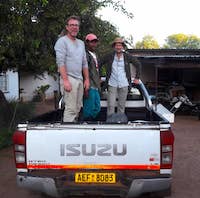
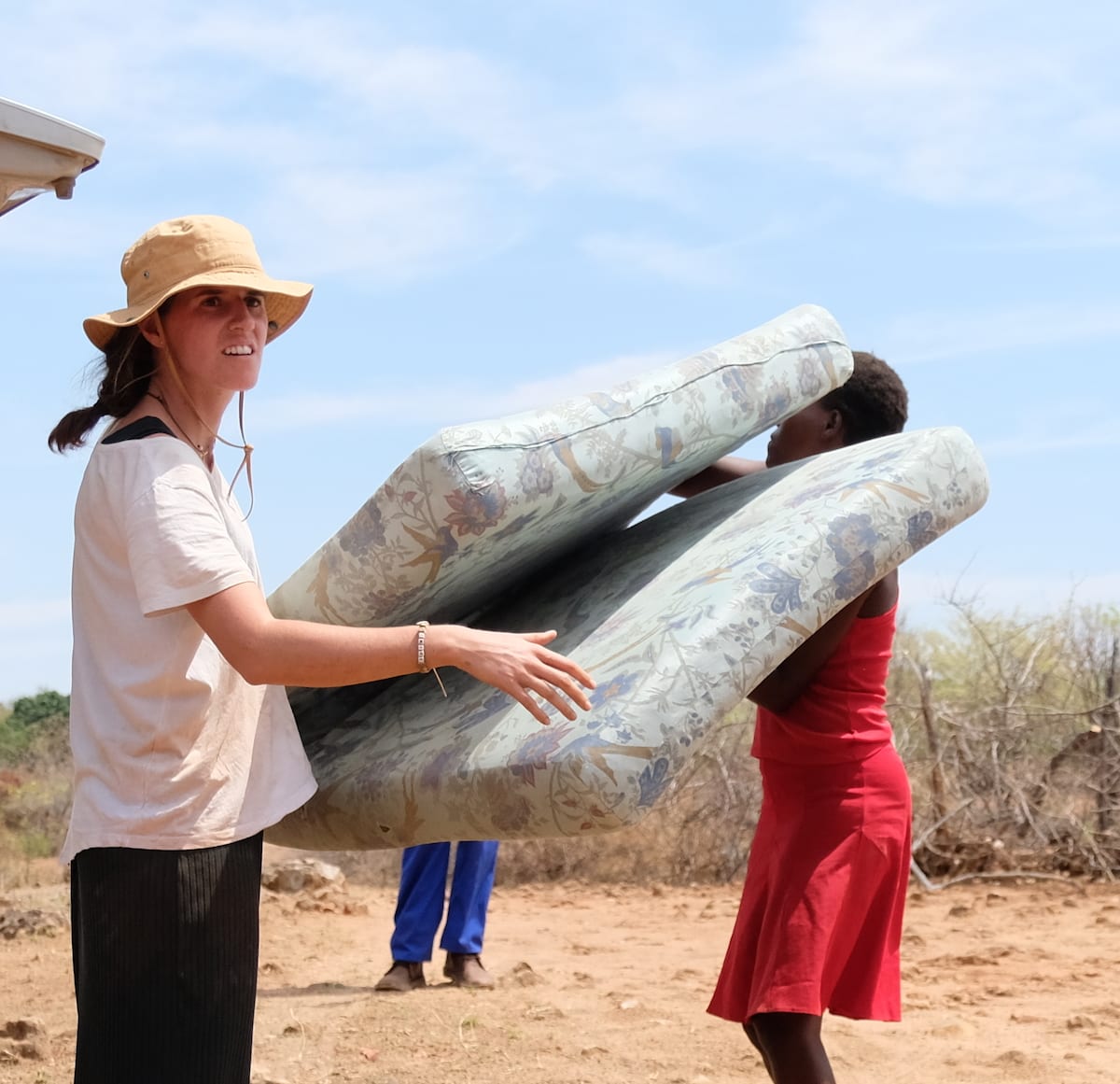
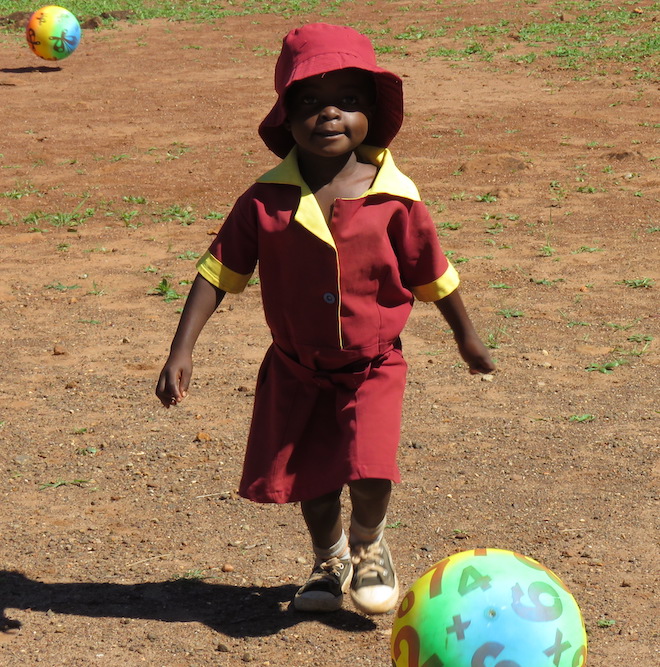
You might also be interested in:
Join a unique conservation programme, dedicated to the protection of the black rhino. Play a vital role in securing the future of these iconic animals.
From $950
1 - 8 weeks
Combine work experience with rhinos and elephants on a private conservancy, with community outreach work in rural communities outside Victoria Falls.
From $1,800
2 - 10 weeks
Participate in delivering solutions to the human-elephant conflict in Namibia. Monitor populations of the rare desert elephant and support rural communities.
From £950
2 - 12 weeks
Join one of our exciting and rewarding family volunteer programmes. Experience endangered wildlife or get involved in ethical community projects.

